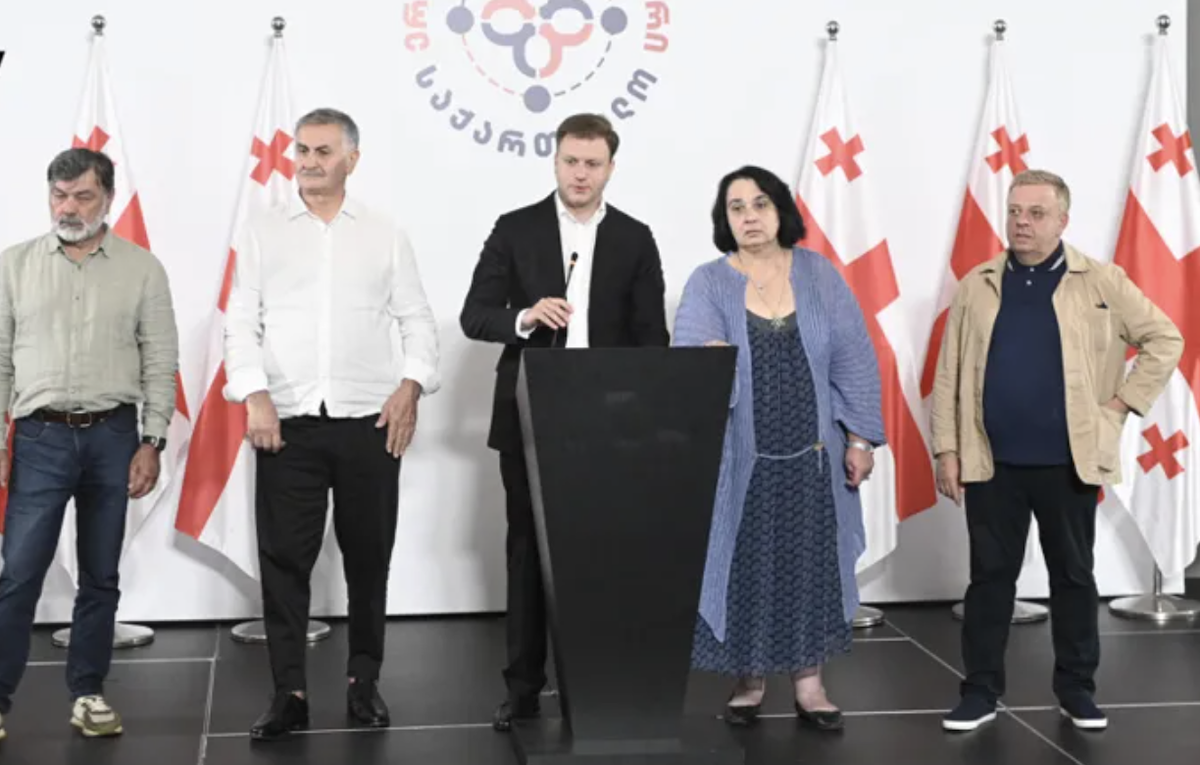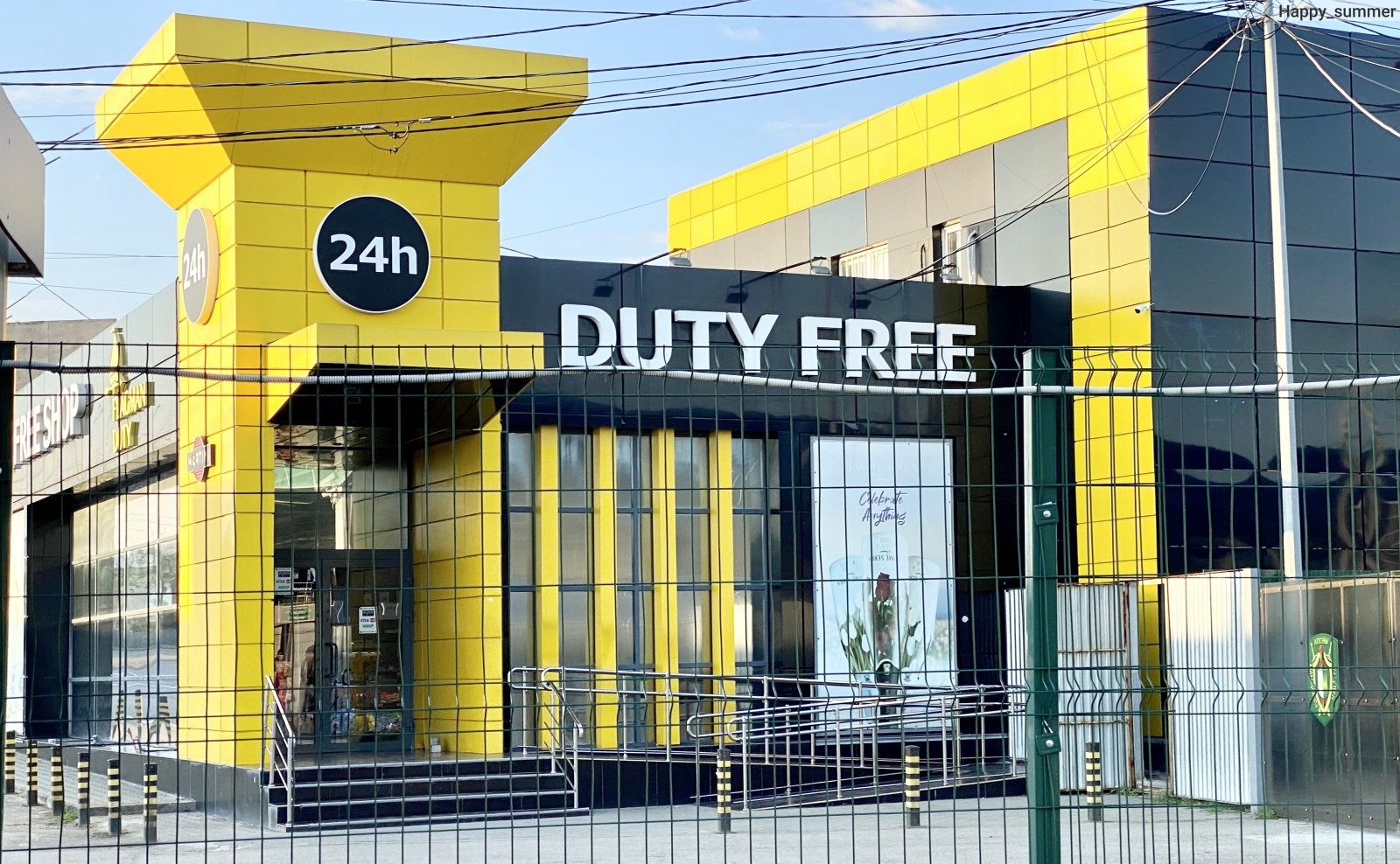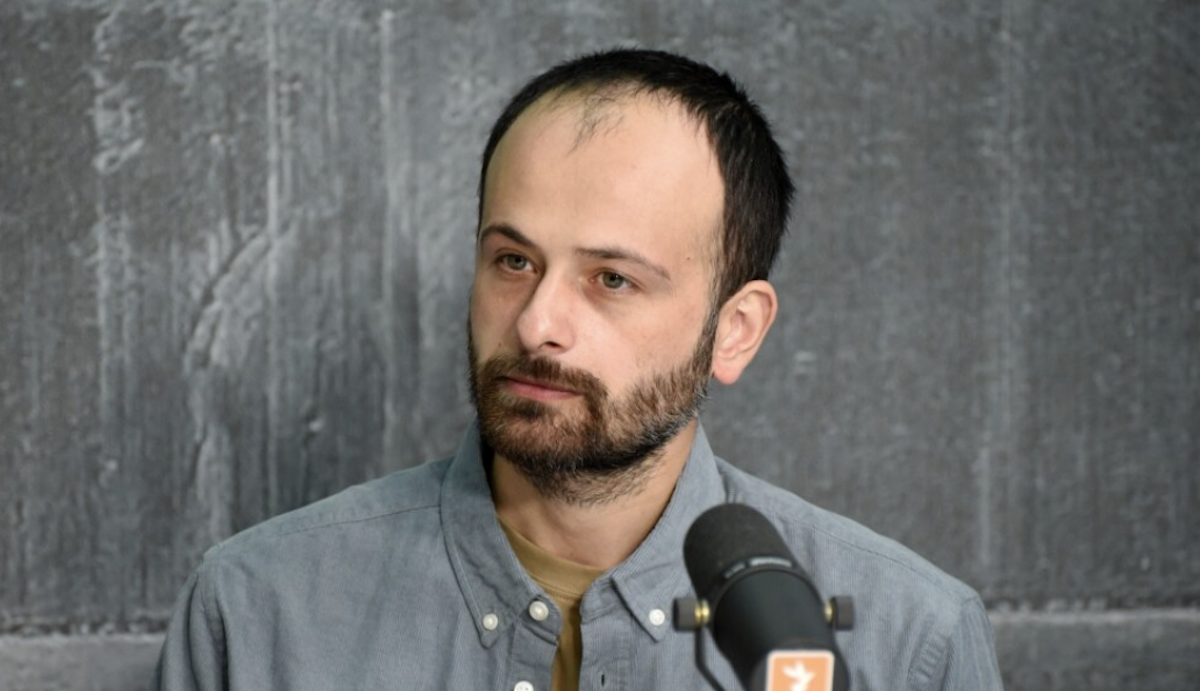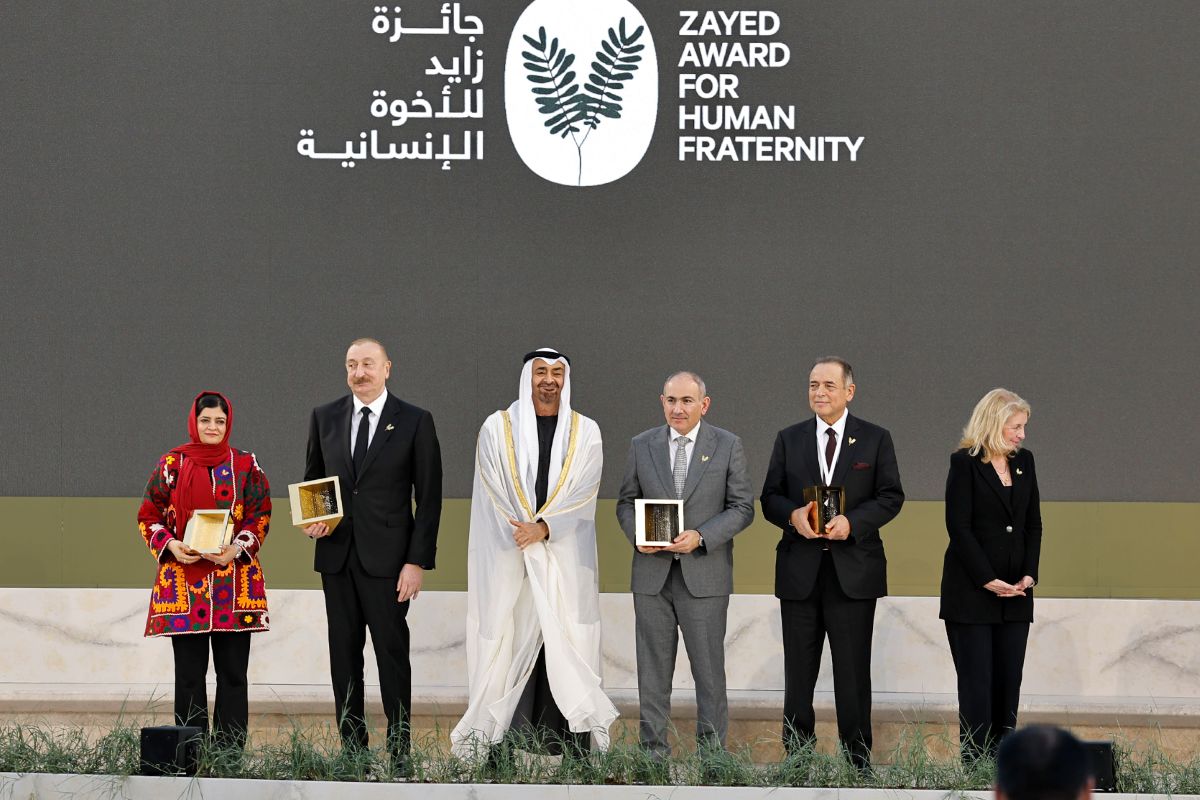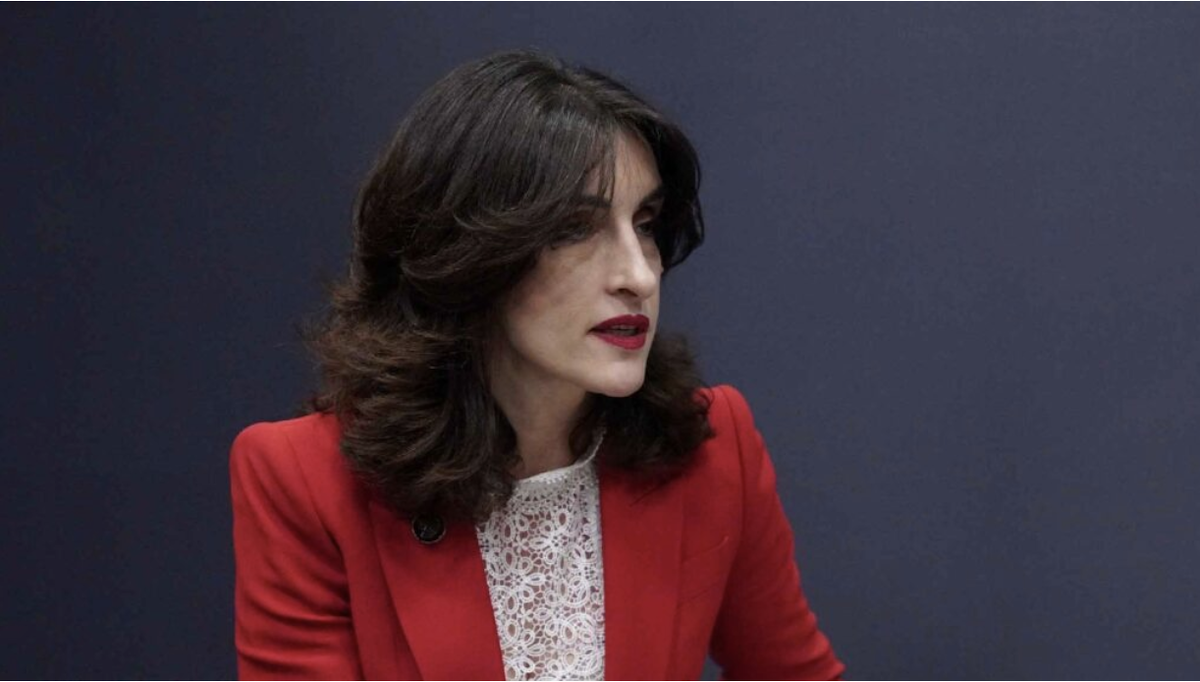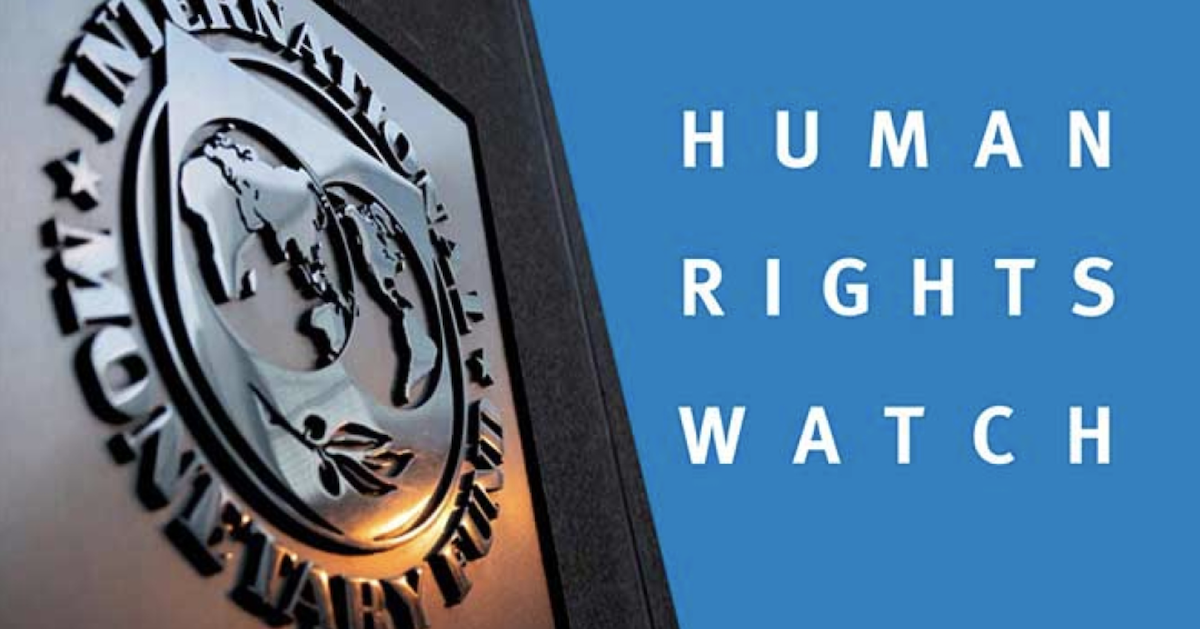Matsonigate: Armenian-Georgian dispute over traditional yogurt
Georgian-Armenian yogurt dispute
The scandal around the Armenian and Georgian traditional yogurt flared up on social media of Georgia and Armenia after it became known that Georgia banned the export of Armenian “matsun” yogurt to Russia via its territory.
The ban was introduced due to the fact that Georgia patented the product “matsoni” as its geographical indication.
Why did Georgia ‘deport’ Armenian matsun?
Exactly 10 years ago, at the end of January 2012, Georgia registered a geographical indication on “matsoni”. In other words, the name “matsoni” was patented. This means that another country will not be able to export a product under an identical or similar name to the territories of countries where Georgian geographical indications (proprietary names) are protected by mutual agreement. Georgia has such an agreement with the European Union, Ukraine, Great Britain, and Switzerland.
Matsoni is under Georgian geographical designation. This means that the features and reputation of this product are related to this geographical location (territory of Georgia) and the human factor, the Georgian National Intellectual Property Center Sakpatent said in a statement.
Tengiz Kalandadze, Head of the Department of Agriculture and Food of the Ministry of Environment and Agriculture, explained to Radio Liberty why Georgia banned the entry of a trailer from Armenia into Georgia:
“Customs told us that there is a trailer at the border that is loaded with products whose name is similar to the patented name in Georgia. The “Intellectual Property Law” states that you cannot use a name that looks like a patented product, and since the Armenian word “matsun” was very similar to the Georgian “matsoni”, we denied this trailer passage”.
- All you need to know about Georgian wine boom
- Travel blog – path to the roots. Video from Armenia
- “Russia ousted the West from the South Caucasus” – former co-chair of the OSCE Minsk Group
- Poverty, inflation, Covid – what are Georgian people worried about according to NDI polls
According to Tengiz Kalandadze, during the same period, Armenia tried to export a product called Churchkhela, which also has a Georgian patent, to Russia through Georgia, but the transit of it was also not permitted.
In addition to matsoni, there are dozens of other names on the list of geographical indications of Georgia. Among them, for example, are chacha, tenili, suluguni, guda, Imeretian cheese, Kutaisi herbs, Ninotsminda honey, kvevri, tangerines from the village of Kheta, Khvanchkara, Mukuzani, Tushuri Guda, Kindzmarauli and others.
The scandal around “matsoni” transferred into a political dimension after the Georgian TV company Imedi, which prepared a story on the topic of “matsoni” and “matsun”, with an inscription in Armenian which said: “Karabakh is Azerbaijani, and so is tolma”.
After a scandal erupted on social media because of this inscription, the broadcaster apologized. Imedi’s statement said that the photo was found on Google by an Imedi employee who does not speak Armenian.
“This part of the story will be removed from all social platforms of the holding”, the broadcaster said in a statement.
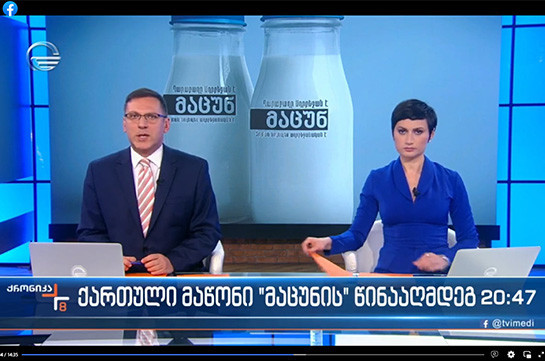
As for the word “matsoni” itself and the origin of this product, opinions are divided in the Georgian segment of the Internet. Some believe that this is a Georgian name and a national product. However, some Georgian historians and linguists claim that it came to the Georgian language precisely from Armenia.
Director of the Museum of Literature Lasha Bakradze, for example, cites data from the dictionary of Bakar Gigineishvili, who, among others, refers to the linguist Hrachya Acharyan and notes that in Armenian “matsun” means “sour milk”.
Matsoni is a fermented milk product that is obtained from cow, buffalo, goat, and, rarely, from sheep milk or a mixture thereof.
Matsoni is one of the most popular dairy products in Georgia. It is often eaten for breakfast, even infants are fed with it, and it is used as a component in khachapuri dough, as well as for preparing various Georgian soups.
Yerevan’s response
The ban on the export of the Armenian fermented milk product “matsun” through the territory of Georgia is being actively discussed on social networks and in the media in Armenia.
It was reported that the company “Dustr Marianna” had problems with export.
In an interview with one of the local publications, Kristina Karapetyan, deputy director for quality control at this company, explained what the problem was.
According to her, in 2012 Georgia already registered the name “matsoni” as its “geographical indication” [identification of goods with Georgia].
“During this time, there were no problems with exports, but for some reason in September 2021, a car with the products of our company, which was heading to Russia, was stopped in Georgia. Then we were told that henceforth Georgia would ban the export of goods called “matsun” through its territory.
We needed to quickly adapt to the current situation. We decided to label the product exported to Russia as “Armenian Mountain Yogurt”, said Kristina Karapetyan.
She also said that the name change did not affect the sales of their product in Russia. To do this, the company conducted a “prompt and effective information campaign”, explaining to Russian consumers that this is the same product under a different name.
However, the company believes that there is a problem with the correct name of the product, it produces “matsun”, and not yogurt, curdled milk, kefir or some other dairy product.
“Therefore, we immediately turned to the Armenian government, asking for assistance in resolving this issue. We were assured that they were negotiating with the Georgian side. We hope that the problem will be resolved in the near future”, said Kristina Karapetyan.
The problem did not arise today and concerns not only matsun, says David Pipoyan, an expert on food law, food quality and safety. He personally raised this issue many years ago, in 2018, from the rostrum of the National Assembly. The fact is that the expert was often asked for advice on similar issues, in particular, by wine exporters who transported their products through the territory of Georgia.
According to David Pipoyan, there is a lack of understanding of the essence of the problem – what is a “geographical indication”:
“These are notes on the production of food and alcohol that are produced in a certain geographical area and have special protection”.
The expert cites the examples of prosciutto produced in Parma and Greek feta cheese. According to him, the marking is carried out on two levels. Geographical indication implies that one of the stages of production must take place in this area, and the highest level of identification – that is, the protection of geographical indicators – implies that the process, from obtaining raw materials to packaging the final product, must take place in a specific geographical area.
The expert on food law emphasizes that the agrarian policy in Armenia has been neglected for many years, and the liquidation of the Ministry of Agriculture testifies to this.
The expert emphasizes that these are the omissions of Armenia itself, but in this case, we are also dealing with the position of the Georgian partners:
“Labeling is a country-specific problem. If the product is not sold in this country, it is only a transit country, then the problem is also in relation to our Georgian partners. The Russian side did not impose any restrictions in connection with matsun”.
“Armenian-Georgian working group will decide the issue”
The Ministry of Economy of Armenia, in response to a request from local media, reported that back in 2011, “the competent authority for the intellectual property of the Republic of Armenia filed an objection against the registration of the name “matsoni” to the relevant bodies of the European Union and Georgia”.
The Armenian side motivated its protest by the similarity of this name with the name of a dairy product produced in Armenia. However, the objection was not taken into account, and now negotiations are underway with the Georgian side.
Due to the problems that have arisen, the Ministry of Economy initiated amendments to the Law on Geographical Indications, which will allow “the authorized state body coordinating the agricultural sector to register geographical indications itself”. According to the ministry, according to the current legislation, only the producers themselves have the right to do so.
The change in the law will allow the name “matsun” to be registered in Armenia as a geographical indication. However, the product with this name can be exported to other countries through the territory of Georgia only after the signing of an appropriate agreement with Georgia.
“The provisions of the agreement on the lists of geographical indications registered in the two countries will soon be discussed by a joint working group”, the Armenian Ministry of Economy said, commenting on the matsoni and matsun scandal.
They say in Georgia that negotiations with the Armenian side on the formalization of a bilateral agreement on the recognition of geographical indications have been going on for more than a year.
Negotiations are underway between the parties on the use of geographical indications, that is, patenting of product names, the Ministry of Ecology and Agriculture explained to Radio Liberty:
“Negotiations are underway with Armenia, and we can go to Armenia. The Deputy Minister contacted us, maybe a working group has been formed. Armenians are going to prove that they also have a traditional product and it has been called “matsun” for decades. And if they manage to register, patent this product, prove to the EU that this is their traditional product, then they can be allowed to register their product. Negotiations on this issue are underway both with the European Union and with us”, said Tengiz Kalandadze.
When asked whether it will be possible to reach a consensus and together with “matsoni” “matsun” will appear on the market, Tengiz Kalandadze answered by only saying that “negotiations are underway”.










